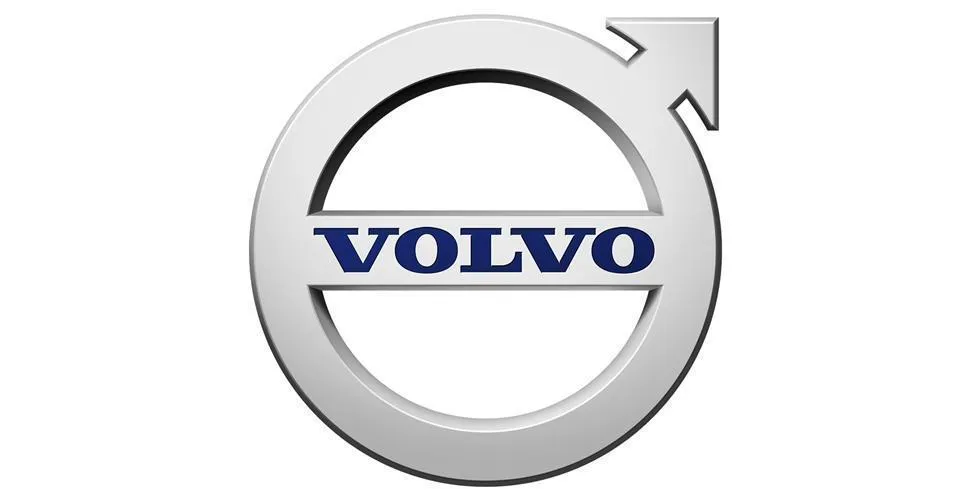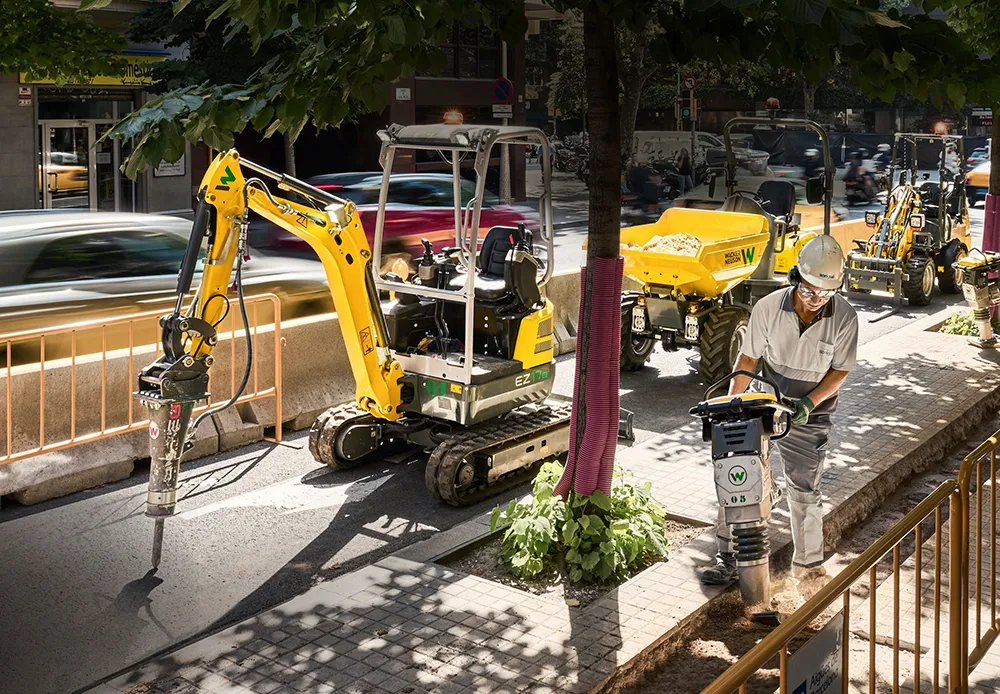The French market for earthmoving equipment remained very strong in the first quarter of this year, according to the latest data compiled by CISMA.
Q1 sales rose 12% compared to the same quarter 2018 with that for compact equipment up by 14%.
CISMA - the French trade association - noted that this performance is mostly due to the strength of sales to rental companies (+32%) and the good performance of non-rental sales.
Sales of crawler excavators are up by 11%. Sales of wheeled loaders grew by 23% this quarter compared to the same period last year.
The recovery of the heavy earthmoving equipment sector is continuing, a trend which began in 2015. Sales are up by 7%.
However, sales of crawler excavators remain weak – up by 1% only. Nonetheless, wheeled excavators are up 21%.
The Q1 results follows a 2018 full-year report that saw French excavator market rise by only 1% over 2017. But 2017 sales were up 23% over 2016. Last year sales of wheeled excavators increased by 31% while mini excavator sales decreased by 1%.
Sales of crawler excavators were up 4% but the wheeled excavator market increased by 9%.
With 17,600 units sold last year - both wheel and crawler excavators - France remains the third biggest market in Europe with 16.5% of market share. It is the seventh largest market in the world.
CISMA is a Paris-based trade association for companies in France that produce and sell equipment for construction as well as the steel industry and handling sector. It also includes component suppliers. CISMA represents the interests of its 200 members - SME, SMI and subsidiaries of international groups - that employ around 31, 000 people in France. These businesses export 58% of their production and generate nearly €9 billion in annual revenue.
French earthmoving market remains strong in Q1 2019
The French market for earthmoving equipment remained very strong in the first quarter of this year, according to the latest data compiled by CISMA.
Q1 sales rose 12% compared to the same quarter 2018 with that for compact equipment up by 14%.
CISMA - the French trade association - noted that this performance is mostly due to the strength of sales to rental companies (+32%) and the good performance of non-rental sales.
Sales of crawler excavators are up by 11%. Sales of wheeled loaders grew by 23% t
May 7, 2019
Read time: 2 mins







